Perusing Japanese Twitter feeds, you’re likely to come across the word “nau” at the end of a sentence. This word has the same meaning as the phonetically similar “now” in English. It’s used to simply state what the tweeter is doing at that given moment. Examples include “Unko Nau” (pooping now) or “Jishin Jiko Nau” (physical injury now).
Even Nippon Professional Baseball star Masahiro Tanaka, fresh off his perfect season got in on the action and tweeted out what he was doing nau. However, when you’re a pro-pitcher rumored to be imminently signed to a Major League Baseball team, an innocent little tweet can create unusually big ripples.
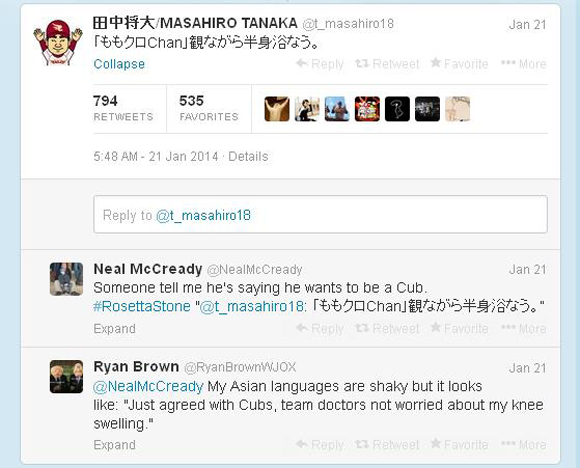
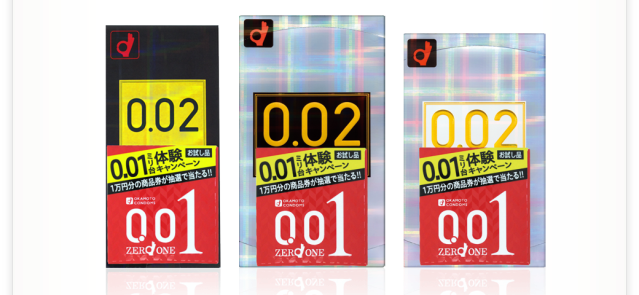
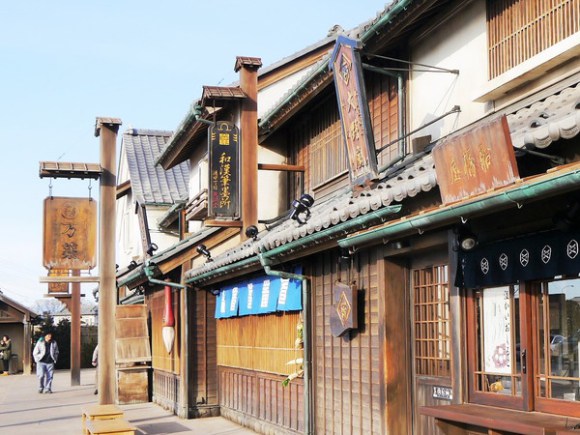

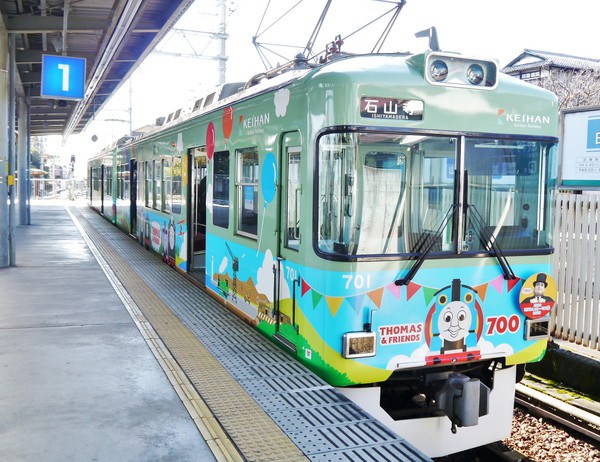

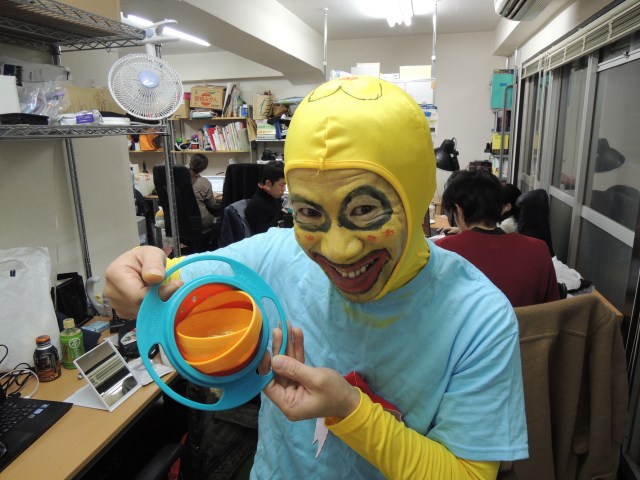
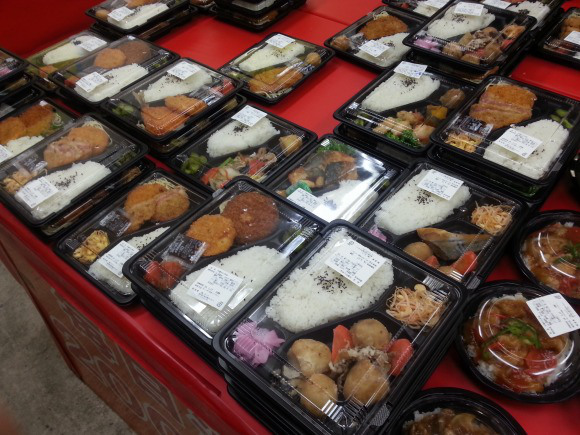


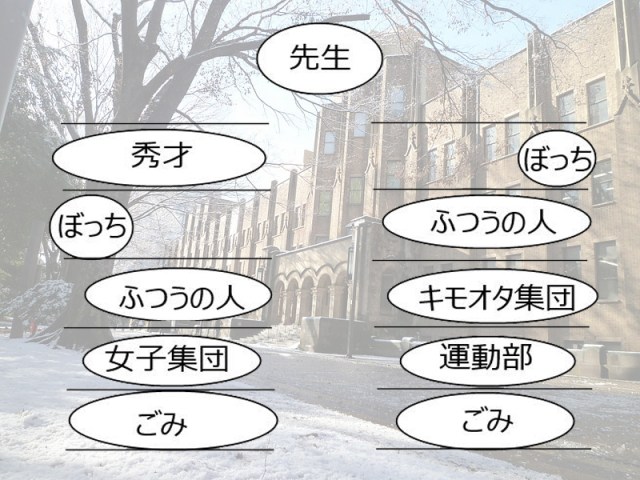



 Sanrio and magical girl anime PreCure join forces for new merch line【Photos】
Sanrio and magical girl anime PreCure join forces for new merch line【Photos】 New Donkey Kong area at Universal Studios Japan gets opening date, and it’s VERY soon【Video】
New Donkey Kong area at Universal Studios Japan gets opening date, and it’s VERY soon【Video】 Katsu weight showdown! Which Japanese supermarket gives you the most tonkatsu meat for your yen?
Katsu weight showdown! Which Japanese supermarket gives you the most tonkatsu meat for your yen? New Japanese body weight scale that also lets you play one of the best video games of all time
New Japanese body weight scale that also lets you play one of the best video games of all time Maximum matcha! Tokyo sweet shop sells the strongest green tea chocolates physically possible
Maximum matcha! Tokyo sweet shop sells the strongest green tea chocolates physically possible Japanese job-hunters reportedly dismayed by requests for “photos showing who you are as a person”
Japanese job-hunters reportedly dismayed by requests for “photos showing who you are as a person” Japanese Prime Minister once criticized deploying military to fight Godzilla
Japanese Prime Minister once criticized deploying military to fight Godzilla Japan’s adorable new Nikukyu notebooks have the squeezable feel of cat and dog paw pads【Photos】
Japan’s adorable new Nikukyu notebooks have the squeezable feel of cat and dog paw pads【Photos】 Genuine Muramasa blade and Muromachi katana on display at Tokyo’s Touken Ranbu store【Photos】
Genuine Muramasa blade and Muromachi katana on display at Tokyo’s Touken Ranbu store【Photos】 North Japan prefecture creates guide to help new foreign workers understand local language quirks
North Japan prefecture creates guide to help new foreign workers understand local language quirks Ghibli Park debuts first winter illumination display with Howl’s Moving Castle theme
Ghibli Park debuts first winter illumination display with Howl’s Moving Castle theme Pringles releases a limited-edition sweet flavour in Japan
Pringles releases a limited-edition sweet flavour in Japan Tokyo restaurant isn’t kidding about the name of its overflowing rare wagyu-ju【Photos】
Tokyo restaurant isn’t kidding about the name of its overflowing rare wagyu-ju【Photos】 Secret hot spring onsen in Japan is a hidden gem waiting to be discovered by tourists
Secret hot spring onsen in Japan is a hidden gem waiting to be discovered by tourists Japanese samurai randoseru backpack lets you carry the bushido spirit with you wherever you go
Japanese samurai randoseru backpack lets you carry the bushido spirit with you wherever you go Off-the-beaten-tourist-track observatory tower in Tokyo has great views of the city…for free!
Off-the-beaten-tourist-track observatory tower in Tokyo has great views of the city…for free! Starbucks releases new Wicked tumblers in Japan
Starbucks releases new Wicked tumblers in Japan New Ghibli papercraft kit gives you a little Princess Mononoke forest on your desk【Photos】
New Ghibli papercraft kit gives you a little Princess Mononoke forest on your desk【Photos】 Dark and edgy Jujustu Kaisen teams up with bright and cheery Sanrio for new merch line【Pics】
Dark and edgy Jujustu Kaisen teams up with bright and cheery Sanrio for new merch line【Pics】 Nintendo’s controller capsule toys are so cool, even the machine you buy them from is awesome【Pics】
Nintendo’s controller capsule toys are so cool, even the machine you buy them from is awesome【Pics】 Totoro sequel anime Mei and the Baby Catbus will screen at Ghibli Park this winter
Totoro sequel anime Mei and the Baby Catbus will screen at Ghibli Park this winter Tokyo Disneyland loses top-attendance crown for Japanese theme parks for second year in a row
Tokyo Disneyland loses top-attendance crown for Japanese theme parks for second year in a row Adult Jam Bread causes a stir at store in Tokyo
Adult Jam Bread causes a stir at store in Tokyo Studio Ghibli releases new Howl’s Moving Castle goods that capture the magic from the anime movie
Studio Ghibli releases new Howl’s Moving Castle goods that capture the magic from the anime movie What’s the deal with akebi, the perfectly purple, alien-like fruit that’s in season now in Japan?
What’s the deal with akebi, the perfectly purple, alien-like fruit that’s in season now in Japan? Tsukemen ramen restaurant becomes a hit with foreign tourists in Tokyo
Tsukemen ramen restaurant becomes a hit with foreign tourists in Tokyo Kyoto becomes City of Yokai, with Night Parade of One Hundred Demons festival this autumn
Kyoto becomes City of Yokai, with Night Parade of One Hundred Demons festival this autumn McDonald’s new Happy Meals offer up cute and practical Sanrio lifestyle goods
McDonald’s new Happy Meals offer up cute and practical Sanrio lifestyle goods Foreign tourists on Shinkansen bullet train break suitcase etiquette, angering local passengers
Foreign tourists on Shinkansen bullet train break suitcase etiquette, angering local passengers [Deleted] Article written for April Fool’s Day 2018
[Deleted] Article written for April Fool’s Day 2018 Japanese government to make first change to romanization spelling rules since the 1950s
Japanese government to make first change to romanization spelling rules since the 1950s Foreigner’s request for help in Tokyo makes us sad for the state of society
Foreigner’s request for help in Tokyo makes us sad for the state of society Ghibli founders Toshio Suzuki and Hayao Miyazaki contribute to Japanese whisky Totoro label design
Ghibli founders Toshio Suzuki and Hayao Miyazaki contribute to Japanese whisky Totoro label design Japanese convenience store Family Mart announces abolishment of eat-in spaces
Japanese convenience store Family Mart announces abolishment of eat-in spaces Princesses, fruits, and blacksmiths: Study reveals the 30 most unusual family names in Japan
Princesses, fruits, and blacksmiths: Study reveals the 30 most unusual family names in Japan Doraemon found buried at sea as scene from 1993 anime becomes real life【Photos】
Doraemon found buried at sea as scene from 1993 anime becomes real life【Photos】 Life-size vibrating Legend of Zelda Master Sword for sale from Nintendo【Photos】
Life-size vibrating Legend of Zelda Master Sword for sale from Nintendo【Photos】 Japanese job-hunters reportedly dismayed by requests for “photos showing who you are as a person”
Japanese job-hunters reportedly dismayed by requests for “photos showing who you are as a person” Japanese Prime Minister once criticized deploying military to fight Godzilla
Japanese Prime Minister once criticized deploying military to fight Godzilla Japan’s adorable new Nikukyu notebooks have the squeezable feel of cat and dog paw pads【Photos】
Japan’s adorable new Nikukyu notebooks have the squeezable feel of cat and dog paw pads【Photos】 Genuine Muramasa blade and Muromachi katana on display at Tokyo’s Touken Ranbu store【Photos】
Genuine Muramasa blade and Muromachi katana on display at Tokyo’s Touken Ranbu store【Photos】 North Japan prefecture creates guide to help new foreign workers understand local language quirks
North Japan prefecture creates guide to help new foreign workers understand local language quirks 1,200 Japanese workers convert above-ground train to subway line in a matter of hours
1,200 Japanese workers convert above-ground train to subway line in a matter of hours Sip with Snorlax – Clever drinkware design creates Pokémon in your glass with every pour【Pics】
Sip with Snorlax – Clever drinkware design creates Pokémon in your glass with every pour【Pics】 Katsuya surprises everyone with sudden re-release of the massive All Topping Sauce Katsudon
Katsuya surprises everyone with sudden re-release of the massive All Topping Sauce Katsudon Tokyo’s expensive fountain construction plans making waves among the Japanese public
Tokyo’s expensive fountain construction plans making waves among the Japanese public Senkoji: The Japanese temple that’s more like a theme park to heaven and hell
Senkoji: The Japanese temple that’s more like a theme park to heaven and hell Totoro ceramic dishware will have your kitchen looking Ghibli elegant in 2025 and beyond【Pics】
Totoro ceramic dishware will have your kitchen looking Ghibli elegant in 2025 and beyond【Pics】 Three reasons why these Muji waffles are the perfect size
Three reasons why these Muji waffles are the perfect size New Mario Kart Happy Meal toys are racing up to McDonald’s Japan【Video】
New Mario Kart Happy Meal toys are racing up to McDonald’s Japan【Video】